What Could a Recession Mean for the Housing Market?
Wherever you look in the news right now, the word “recession” keeps coming up. Is the US in a recession, and if not, will it be soon? How would a recession impact the housing market?
These are understandable questions right now. Whether you are a homebuyer or a home seller, you will want to prepare yourself for the potential consequences of a recession. Home sellers have enjoyed a seller’s market conditions for the past two years, but it may be time to adjust expectations as the real estate market shifts. Let’s explore what a recession entails, how likely the US housing market is to suffer from one, and what you need to bear in mind if you’re planning to buy or sell a house in the foreseeable future.
Is the US in a recession?
No. According to the latest GDP report, the US economy has avoided a recession, even though the rate of economic growth is slowing while inflation keeps rising. The US GDP shrank by 0.9% in the last quarter, while the inflation rate has risen to 9.1%. This is leading to rising interest rates and reduced consumer spending. Although the economy is not in the best of health, we are not yet in a recession technically and will unlikely to be in one until at least 2023.
What does a recession mean for the real estate market?
Recessions impact the real estate market, often drastically. The most severe negative case scenario is a housing market crash following a recession, like the one that followed the 2008 financial crash. In a recession, homes tend to become unaffordable for a much larger percentage of the population, often over a very short time. Job losses and a resulting high unemployment rate, coupled with steeply rising mortgage rates, make it that much harder for homebuyers to qualify to buy a home.
And what happens when there are fewer buyers on the market? Sellers have no choice but to lower home prices to attract the homebuyers still left on the market. A recession is pretty much incompatible with a seller’s market.
Will the housing market crash if we go into a recession?
Not necessarily. In fact, given the current unique housing market conditions, this is unlikely. “This is not the same market of 2008,” Odeta Kushi, First American’s deputy chief economist, told Insider. The downfall of the housing market in 2008 was its reliance on cheap mortgage loans that had put a vast number of homeowners in a precarious position. Put simply, people had been given mortgages they could barely afford, and the financial crash made them unable to keep their homes. In many cases, mortgages became unaffordable within weeks. Many homeowners also found themselves in an underwater mortgage situation where the amount they owed on their home was more than the value of the home. This trapped people in homes they were unable to pay for yet were also unable to sell.
Today’s real estate market is fundamentally different. The US housing market is in much better shape through a combination of tougher lending practices and unprecedented home value growth since the pandemic. Almost 50% of US homeowners now have equity-rich housing. Meaning they own at least 50% of their homes. This makes a repeat of the 2008 housing market scenario extremely unlikely.
Having said that, it is likely that the housing market will continue slowing over the coming years. We won’t see the 20% rate home price growth of 2020-21 again. That much is certain.
What would a recession mean for home buyers?
A recession impacts what it costs to buy a home as mortgage rates tend to change. Affordability criteria also tend to become more stringent in other ways. Lenders may start asking for bigger down payments in order to reduce their lending risks, and they will pay closer attention to buyers’ job situations. Insecure or self-employed status usually becomes a harder sell when getting a mortgage during a recession.
However, none of that means that a recession makes it impossible to buy a home. If you have a steady income and enough saved for a decent downpayment, your situation won’t change dramatically. Of course, having access to an emergency savings pot is a very good idea with the possibility of a recession growing. Having savings to fall back on is often the difference between being able to keep a home and foreclosure.
What would a recession mean for home sellers?
Home sellers may worry about a reduction in their home values, which may result either in a reduction in the profit from a home sale or in the dreaded negative equity situation. Home sellers with little equity built up are particularly at risk of this scenario. All home sellers should mentally prepare themselves for the end of a seller’s market situation should a recession hit.
Again, however, these are unlikely case scenarios in 2022. The housing market is not about to crash. Some sellers shouldn’t expect lower home values, but they should expect more modest growth. Home prices have been so high for the past two years that it will take a considerable amount of time before we can even consider the possibility of home prices falling.
We're Here to Help
Whether you're thinking about selling your home or getting ready to purchase your dream home (or anywhere in between) it's important to educate yourself about the housing market. We publish new content every month that can help!




